The Yamamoto family values were forged in small spaces,” the Japanese photographer Masaki Yamamoto told me recently. For eighteen years, his family of seven coexisted in a one-room apartment in Kobe. His father drove trucks, and his mother worked as a cashier in a supermarket. They and their five children all slept in the same space, a room the size of six tatami mats, limbs overlapping amid a pile of ever-multiplying junk. When you looked up, you couldn’t avoid meeting the eyes of someone else, Yamamoto, the second-oldest of his siblings, said, adding, “The one place you could be alone was the bathtub.” “Guts,” his new photography book, is a celebration of his family’s everyday existence in these close quarters.
In the West, Japan is often characterized as an island of loneliness—of family-renting industries, of sexless youth, of the unwanted elderly shoplifting out of a longing for the social comforts of prison. At first glance, Yamamoto’s photographs might seem to provide further evidence of a claustrophobic solitude. In one image, his sister sits in the bathtub, her thin knees folded close to her chest, a Rodin immersed in a tiny tub filled with milky water. It is a sombre scene, until we read the caption and find that she had jokingly drawn her knees up so that she would look like she had huge breasts.


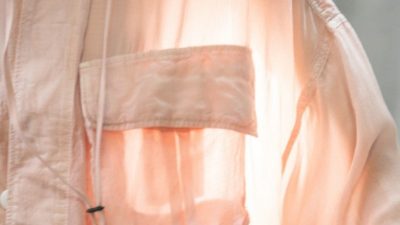



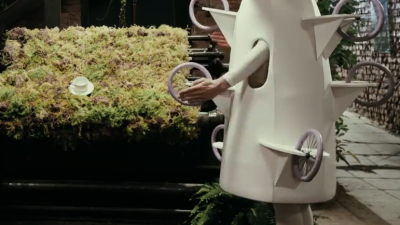

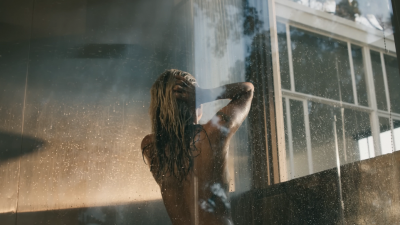

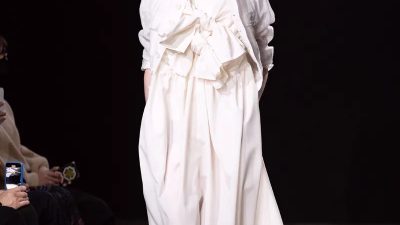

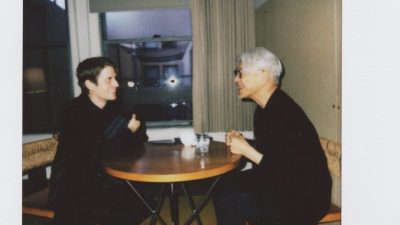



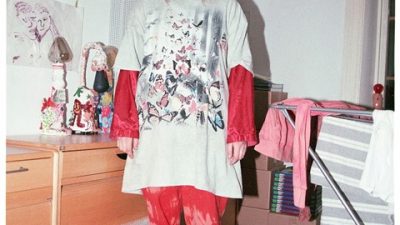


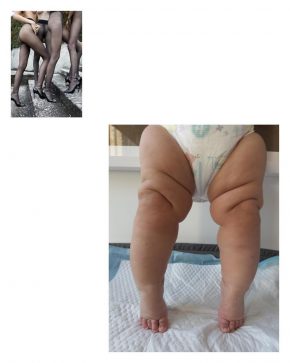

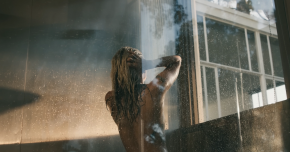

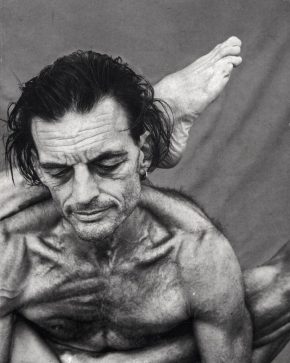
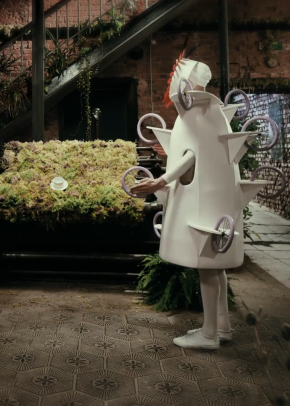
Comments